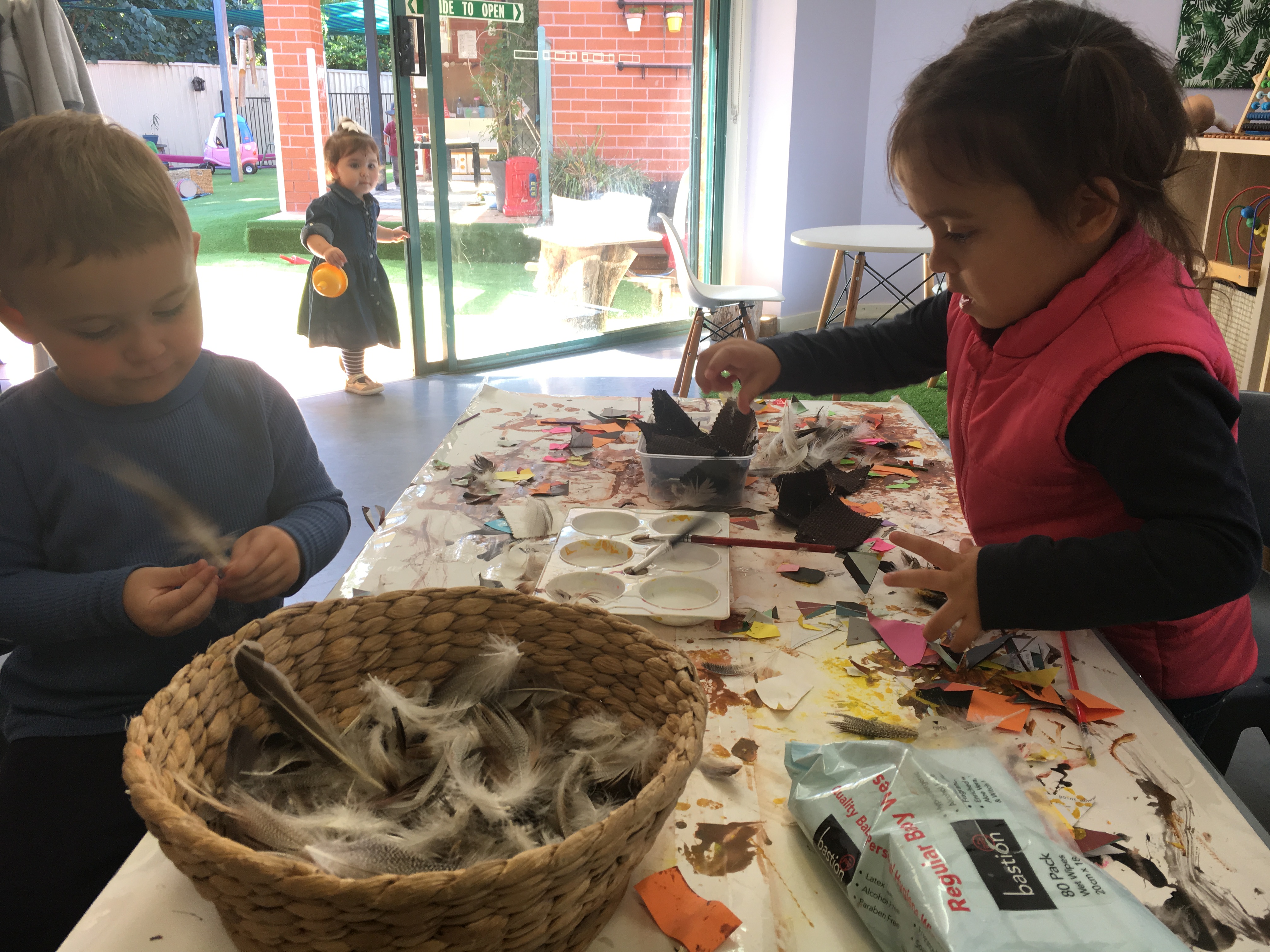Setting Goals for Your Children
10 Jan 2019 1:58 PM
Where to focus your efforts so that your children achieve their potential in 2019!
Happy New Year and welcome to 2019! January is a time for starting resolutions and setting goals — both for you and for those closest to you. Young children have incredible rates of development and setting goals for your child will help you to see where to focus your efforts so that they can achieve their potential in 2019.
12– 18 months
First words are likely to start about here. Children are normally babbling from three months or earlier, but at about a year they understand that sounds can have meaning. They might understand that ‘Dada’ and ‘Mama’ are names, and in the next few months, they’ll add more words to their vocabulary. By 18 months, they might be learning more than one every week.
You can encourage this by verbally labelling nearby objects, and repeating their words back to confirm they’re right. For example, pointing out the big thing outside is called a ‘car’ will help them learn. If they ask for a “banana!”, complete the sentence — “Would you like a ‘banana’?”. Every word you say to them is another lesson in how language works.
18-24 months
A child this age might be touching on new forms of independence. They’re often eager to try feeding themselves or might experiment with getting dressed themselves. So, let them! Start simple by giving them a spoon and encouraging them to feed themselves, and then let them explore their way up. They might drop their food or put their shoes on the wrong feet, but practise makes perfect and actually doing it is the quickest way to learn.
2-3 years
At this age, many parents are encouraging their children to pick up toileting. Going to the toilet is a hard skill for toddlers because it includes understanding their body, knowing when and how to walk to the toilet, being able to undress, etc. Putting too much pressure on this process can be demoralising for children.
Signs that your child might be ready for toilet training include their understanding of basic instructions, ability to sit for longer periods of time, interest in watching other people use the bathroom and dry nappies for up to two hours.
3-4 years
Children of this age group are beginning to develop social skills and build relationships with other children. You might set a goal to encourage your child to further develop these important social and emotional abilities.
Help your child to build these skills by playing with them to help develop joint attention (where you are both focused on the same thing). Practise turn taking through games that use turns and show them how to take turns by saying things like “it’s my turn to use the red pencil now, but you can have it once I am done”.
Remember that these are still very new concepts to them so be sure to compliment them for a job well done.
4-5 years
At this point, your child might be ready to start on basic academia. Some children begin reading here, but this is somewhat rare. A more common goal would be able to count to ten or more, or to start recognising individual letters.
It’s a good idea to spend time reading together. This can help solidify to a child that sounds and letters are connected, and time spent bonding is never wasted.
Don’t be discouraged if your child struggles reaching a milestone. All children develop at different rates. At Bush Babies, we are here to support you in achieving your children’s goals! Contact us today for more information on our program.
